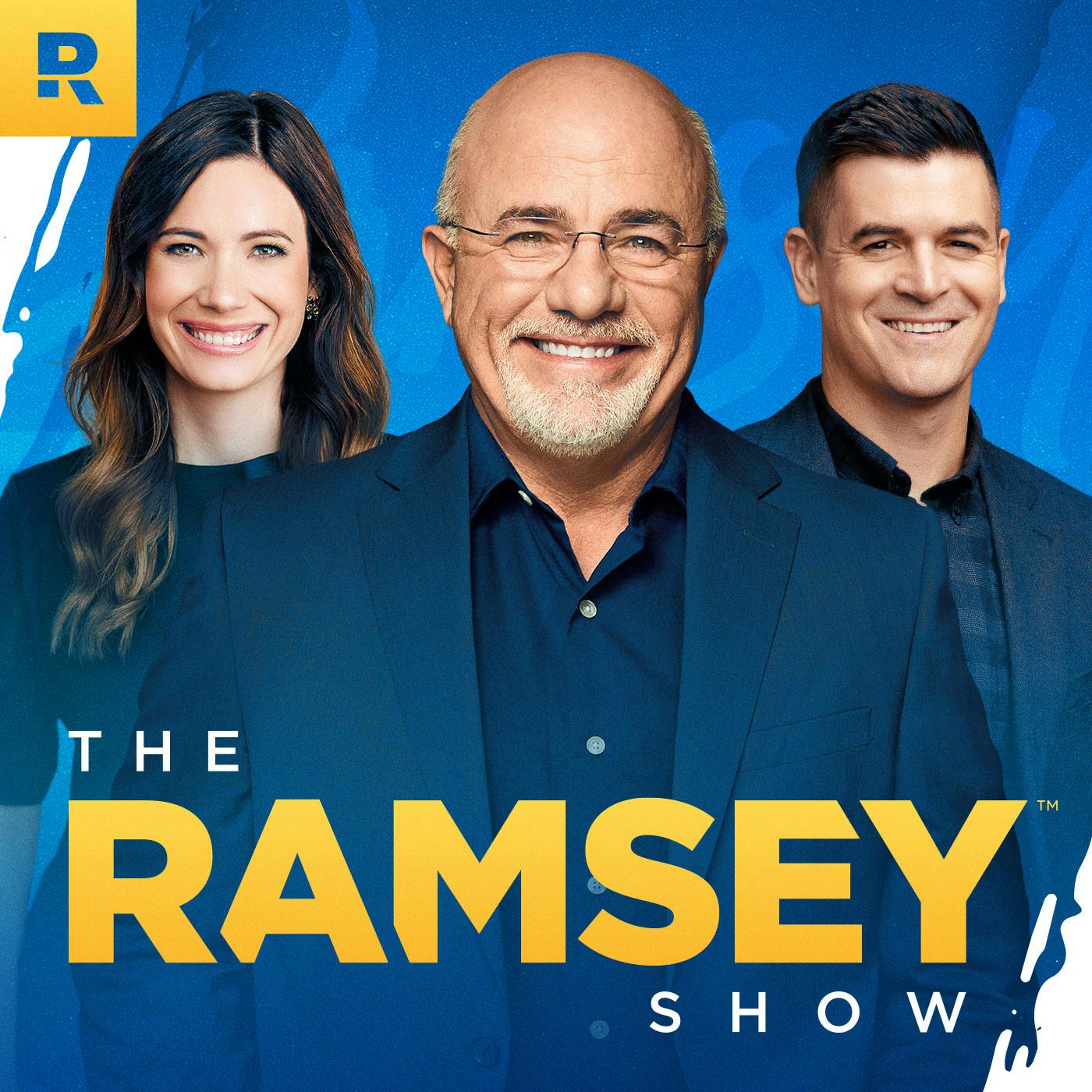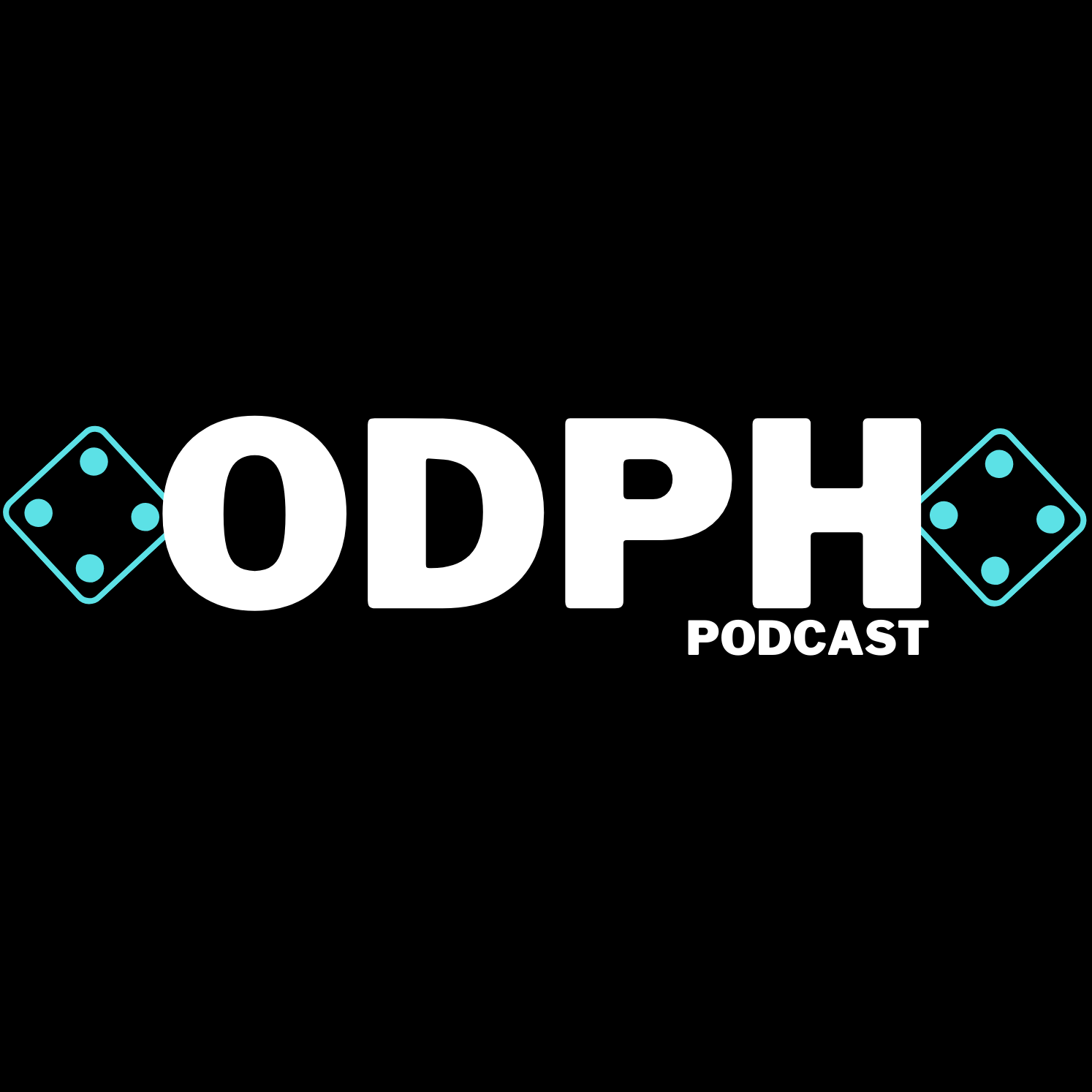AI Summary
Jenner Furst discusses the documentary "Thank You, Dr. Fauci," offering a critical exploration of COVID-19's origins, the role of Anthony Fauci, and the implications of historical biodefense policies. He argues that the virus likely resulted from U.S.-funded gain-of-function research rather than natural sources, with evidence suggesting it may have emerged earlier than publicly acknowledged. The episode examines the impact of mRNA vaccine development, public health distrust, and the alarming consequences of past scientific practices, culminating in a call for accountability and reform in public health policy.
The episode critically examines the origins of COVID-19, arguing that the virus likely emerged from U.S.-funded laboratory research rather than a wet market. It scrutinizes Dr. Fauci’s role, alleging misinformation and a focus on vaccine development influenced by corporate interests, ultimately questioning public health decisions and the erosion of trust in vaccinations.
The conversation addresses the controversial development of mRNA vaccines, highlighting both the scientific advances and the associated risks, including potential DNA alterations. It critically examines Dr. Fauci’s influence over public health decisions and the lack of transparency in governmental response to the pandemic. The discussion underscores historical parallels with previous vaccine developments and the implications of scientific hubris during health crises.
The discussion highlights concerns regarding the creation of bioweapons, research funding, and the role of organizations in the pandemic's preparedness. It emphasizes the significant wealth transfer during COVID-19, the complicit nature of political parties, and the problematic focus on vaccination at the expense of transparent communication about treatments. Additionally, the narrative investigating the motivations and misrepresentations surrounding the crisis reveals a systemic failure to prioritize public health.
This episode discusses the controversies surrounding Dr. Fauci's actions during the COVID-19 pandemic, suggesting potential government cover-ups and the implications of the virus's origins. It highlights concerns regarding lab-generated pathogens, public health failures, and the role of misinformation, positing that future pandemics may arise from similar sources if existing risks are not adequately addressed.
- more AI-processed summary -
Takeaways
Dr. Fauci's role in the pandemic is scrutinized as potentially misleading, highlighting the importance of accountability among public health officials.
Understanding biodefense policies post 9/11 is critical to grasping the complexities of current public health responses and the failures that may have contributed to the pandemic.
The COVID-19 pandemic, as discussed in the podcast, is interwoven with a history of scientific research that predates the virus itself, suggesting a deliberate obfuscation of critical facts by prominent figures in public health.
The discussion stresses the need for critical thinking and skepticism towards information being presented, particularly amidst politically charged narratives surrounding health crises.
Concerns over mRNA vaccines include not just immediate safety but long-term effects on human DNA, calling for a more cautious approach in biotechnology.
The episode raises critical questions about the influence of power dynamics within health organizations, particularly during crises, and how this can lead to failures in effective public health response.
Furst's analysis points to an alarming intersection between viral infections and autoimmune response, urging a broader understanding of chronic symptoms linked to both the virus and vaccines.
- more AI-processed takeaways -
Topics
COVID-19 Pandemic
The COVID-19 pandemic emerged in late 2019 and led to unprecedented global health and economic crises. Debates continue over its origins, with theories involving zoonotic spillover and lab leaks. Public health responses and policies have faced scrutiny for their effectiveness, transparency, and the role of key figures like Dr. Fauci.
Public Health Policy
Public health policies involve strategies aimed at protecting and improving the health of populations. The COVID-19 pandemic has raised questions about the efficacy and communication of these policies, including vaccination mandates, lockdown procedures, and government oversight.
COVID-19 Origins
The origins of COVID-19 have been widely debated, with some suggesting a natural emergence and others pointing toward laboratory manipulation. This controversy has implications for public trust in scientific institutions and the accountability of health officials.
Misinformation in Media
The rise of misinformation during the COVID-19 pandemic has been significant, with various narratives circulating through social media and alternative news platforms. This phenomenon poses challenges for public understanding and trust in health authorities.
Vaccine Development
Vaccine development is the process of creating vaccines to prevent diseases. This segment critiques the prioritization of mRNA technology in response to COVID-19, highlighting debates over safety, efficacy, and ethical considerations in vaccine deployment.
Ethics of Gain of Function Research
Gain of function research raises ethical questions about the potential for creating more dangerous pathogens and the safeguards necessary to prevent misuse. It is a central concern tied to the origins of some outbreaks.
Public Health Governance
This topic explores how public health decisions are made, the influence of political agendas on these decisions, and the responsibilities of health leaders like Anthony Fauci in navigating crises.
Transparency in Science
Transparency in scientific practices is vital for public trust and effective health interventions. Furst points out that when transparency is lacking, as seen in the handling of the COVID-19 pandemic, it can lead to a crisis of confidence and hinder effective public health response.
Economic Consequences of Pandemics
The conversation highlights the economic devastation caused by the COVID-19 pandemic, illustrating how it resulted in a massive transfer of wealth and impacted different socio-economic groups unevenly.
Political Inequality
Political inequality refers to the disproportionate influence that wealthy elites and corporations have on policymaking, often sidelining the needs and voices of average citizens in decision-making processes.
Public Health Ethics
The moral principles governing the actions of public health officials, particularly in crisis situations, focusing on transparency, accountability, and ethical decision-making.
Long COVID
Long COVID is characterized by persistent symptoms that continue for weeks or months after the initial infection, affecting various systems in the body. Research is ongoing to understand its causes, mechanisms, and long-term consequences.
Agency and Autonomy
Agency and autonomy in a governmental context address the balance of power between citizen needs and corporate interests, questioning the degree of independence that institutions maintain from external influences.
- more AI-processed topics -
Related Episodes

 Financial Chaos Can Derail Your Future
Financial Chaos Can Derail Your FutureIn this episode, financial experts Dave Ramsey and Ken Coleman address various listener concerns regarding tax filing difficulties, financial setbacks, and family dynamics influencing financial decisions. They emphasize the importance of understanding one’s financial situation, seeking professional help, and developing budgeting strategies. Discussions revolve around the impact of inherited assets, career transitions, and the emotional aspects of managing finances. The hosts provide actionable advice aimed at helping listeners regain control over their finances and achieve their long-term goals.
- Prompt tax filing is crucial to avoid legal troubles, and individuals are encouraged to engage with tax professionals to help navigate their financial situations.
- Having a solid financial plan that includes a strategy for handling IRS debts can prevent severe consequences like asset seizure.

MICHAEL SCHWARTZ (ARMORED - CLOVER PRESS) TaP 66Join the Nerd Initiative Bullpen as they're joined by MICHAEL SCHWARTZ to talk about of one the year's biggest indie hit series: ARMORED (CLOVER PRESS)
Follow Michael at: https://x.com/TheMikeSchwartz
Follow Ken at: https://linktr.ee/odphpodcast
Follow Tom at: https://linktr.ee/offthecufftom
Find Your LCS: https://www.comicshoplocator.com/
Tom Jolu music: https://tomjolu.bandcamp.com/track/im...
For your NCBD reviews destination: https://nerdinitiative.com/comic-books/
Last but not least: https://nerdinitiative.com
#COMICS #ARMORED #kickstarter #indie #indiecomics #supernatural #horror #armor #NCBD #2024

 Your Future Self Deserves Better Choices Today
Your Future Self Deserves Better Choices TodayIn this episode, experts George Kamel and Dr. John Delony address financial challenges faced by listeners, covering themes such as managing finances during emotional turmoil, retirement planning, inheritance issues, and recovery from natural disasters. They discuss the significance of making informed financial choices today to secure a brighter future and emphasize the need for resilience, self-awareness, and proactive financial management. The hosts provide tailored advice to enhance listeners' financial well-being and promote strong emotional health in their financial journeys.
- Resilience is vital in navigating through setbacks; the ability to learn from past experiences and adapt is key to future success.
- Understanding the tax implications of retirement accounts is essential for making informed investment decisions, especially regarding tax-free growth.

 Jenner Furst: Secret Chinese Biotech Programs, and the Documentary That Could Put Dr. Fauci in Jail
Jenner Furst: Secret Chinese Biotech Programs, and the Documentary That Could Put Dr. Fauci in JailJenner Furst discusses the documentary "Thank You, Dr. Fauci," offering a critical exploration of COVID-19's origins, the role of Anthony Fauci, and the implications of historical biodefense policies. He argues that the virus likely resulted from U.S.-funded gain-of-function research rather than natural sources, with evidence suggesting it may have emerged earlier than publicly acknowledged. The episode examines the impact of mRNA vaccine development, public health distrust, and the alarming consequences of past scientific practices, culminating in a call for accountability and reform in public health policy.
- Dr. Fauci's role in the pandemic is scrutinized as potentially misleading, highlighting the importance of accountability among public health officials.
- Understanding biodefense policies post 9/11 is critical to grasping the complexities of current public health responses and the failures that may have contributed to the pandemic.

 Introducing: Fly on the Wall with Dana Carvey and David Spade
Introducing: Fly on the Wall with Dana Carvey and David SpadeIn this episode, Ben Falcone and Melissa McCarthy join hosts Dana Carvey and David Spade in discussing their experiences within the entertainment industry. They reflect on iconic films like 'Bridesmaids' and 'Ghostbusters', share humorous anecdotes from their time on SNL, and delve into the nature of celebrity relationships. The hosts emphasize the synergy in their creative partnerships, the uniqueness of their podcast format resembling medieval radio plays, and insights into the production dynamics of modern comedy. The episode beautifully blends humor with insightful discussions about personal relationships and artistic collaboration.
- The podcast 'Fly on the Wall' offers a humorous yet insightful exploration of the entertainment industry through the lens of two iconic comedians, Dana Carvey and David Spade.
- The improvisational nature of the Groundlings theater not only fosters talent but also cultivates personal bonds, as showcased by McCarthy and Falcone.

 616. How to Make Something from Nothing
616. How to Make Something from NothingIn this episode, Stephen Dubner interviews Adam Moss, a former prominent magazine editor who transitioned to painting and writing after retirement. Moss shares his insights on creativity and personal growth detailed in his book, 'The Work of Art: How Something Comes from Nothing.' The conversation covers the importance of mentorship, the evolving nature of editorial roles, and the complexities of the creative process, emphasizing how collaboration and individual self-awareness play crucial roles in artistic endeavors.
- The transition from a successful career in editing to pursuing art showcases the importance of creativity and personal growth, highlighting that making something from nothing is a universal challenge faced by many.
- Mentorship can take various forms, and the relationship between Dubner and Moss illustrates the profound impact that a mentor can have on one's professional and creative development.

 Russia vs Ukraine, JFK Assassination, Trump vs Deep State w/ Oliver & Sean Stone | PBD Podcast | 522
Russia vs Ukraine, JFK Assassination, Trump vs Deep State w/ Oliver & Sean Stone | PBD Podcast | 522In this PBD Podcast episode, Patrick Bet-David engages filmmakers Oliver Stone and Sean Stone in a rich discussion covering the ongoing Russia-Ukraine conflict, the JFK assassination's historical significance, and Trump's dynamic with the Deep State. They explore the authenticity in filmmaking, the emotional toll on actors, the challenges of managing creative teams, and the role of documentaries in addressing pressing social issues. The conversation provides insightful perspectives on cultural shifts and political narratives that shape contemporary global relations.
- Oliver Stone's diverse filmography is deeply rooted in his personal experiences and reflections on historical events, showcasing his commitment to authenticity in storytelling.
- Filmmaking is a challenging process that demands emotional authenticity and can lead to complex dynamics between actors. Oliver Stone's experiences reflect the realities of creative collaboration and the pressures of production, showcasing the intensity of the cinematic world.

 Allison Jones (Award-Winning Casting Director)
Allison Jones (Award-Winning Casting Director)In this episode, Emmy Award-winning casting director Allison Jones shares her extensive experience in the industry, discussing her origins and journey from a large family in Massachusetts to a successful career in television casting. Highlights include her insights on auditions, the history of casting iconic shows such as 'Family Ties' and 'Golden Girls', and the evolution of casting processes over the decades. Allison also reflects on the unique challenges of casting comedy, her admiration for stand-up comedians, and her memorable encounters with industry legends, including Quincy Jones.
- Allison Jones' extensive experience in casting has not only shaped her career but has also contributed significantly to the landscape of comedic television.
- Understanding the common audition mistakes can be critical for actors aspiring to improve their chances of success in a competitive industry.

 Allison Jones (Award-Winning Casting Director)
Allison Jones (Award-Winning Casting Director)In this episode, Emmy Award-winning casting director Allison Jones shares her extensive experience in the industry, discussing her origins and journey from a large family in Massachusetts to a successful career in television casting. Highlights include her insights on auditions, the history of casting iconic shows such as 'Family Ties' and 'Golden Girls', and the evolution of casting processes over the decades. Allison also reflects on the unique challenges of casting comedy, her admiration for stand-up comedians, and her memorable encounters with industry legends, including Quincy Jones.
- Allison Jones' extensive experience in casting has not only shaped her career but has also contributed significantly to the landscape of comedic television.
- Understanding the common audition mistakes can be critical for actors aspiring to improve their chances of success in a competitive industry.

 You Can’t Win With Money if You Keep Ignoring the Real Problem
You Can’t Win With Money if You Keep Ignoring the Real ProblemIn this episode, Dave Ramsey and Dr. John Delony tackle various financial dilemmas faced by listeners, emphasizing the need to address the underlying issues affecting financial wellbeing. The hosts provide advice on loan dynamics within families, housing decisions for aging parents, and the importance of long-term planning amidst debt. They encourage proactive financial strategies, including communication in relationships, managing intrusive family members, and aligning careers with personal values. Throughout discussions, listeners are reminded that financial freedom requires dedication, teamwork, and a commitment to prioritizing essential needs over immediate desires.
- Loaning money to family can drastically alter relationships, emphasizing the need for clear terms and documentation to avoid misunderstandings and emotional strain.
- It's crucial to understand the ethical implications of financial decisions made within familial contexts to maintain trust and positive dynamics.










